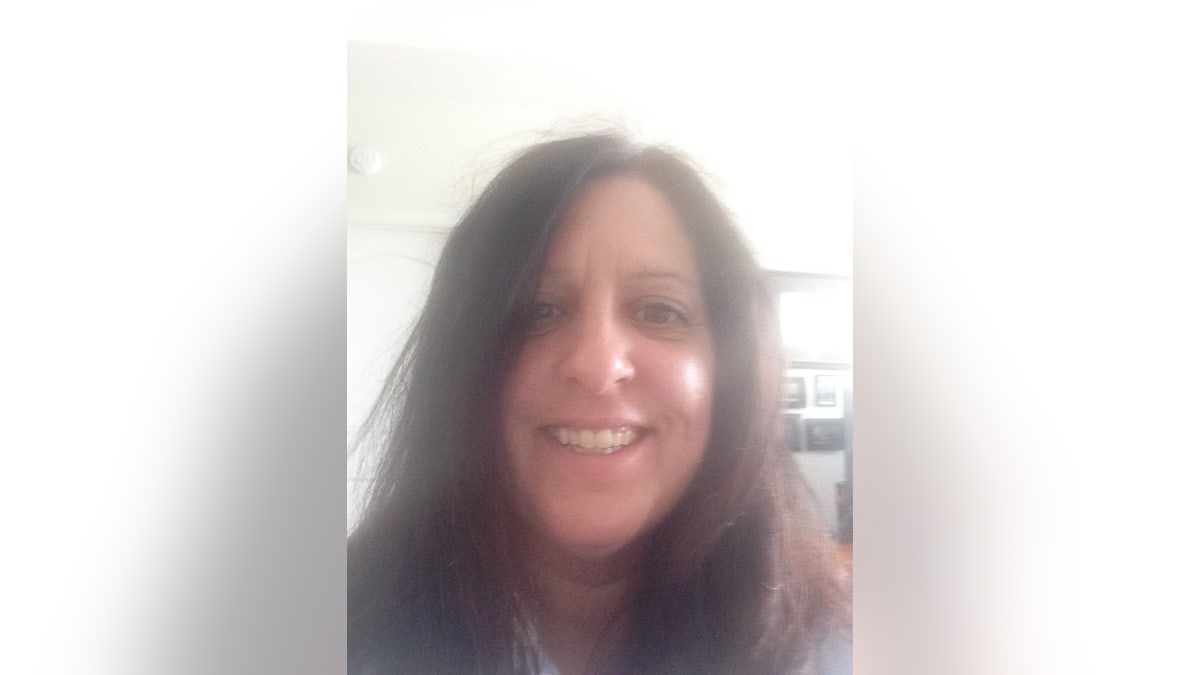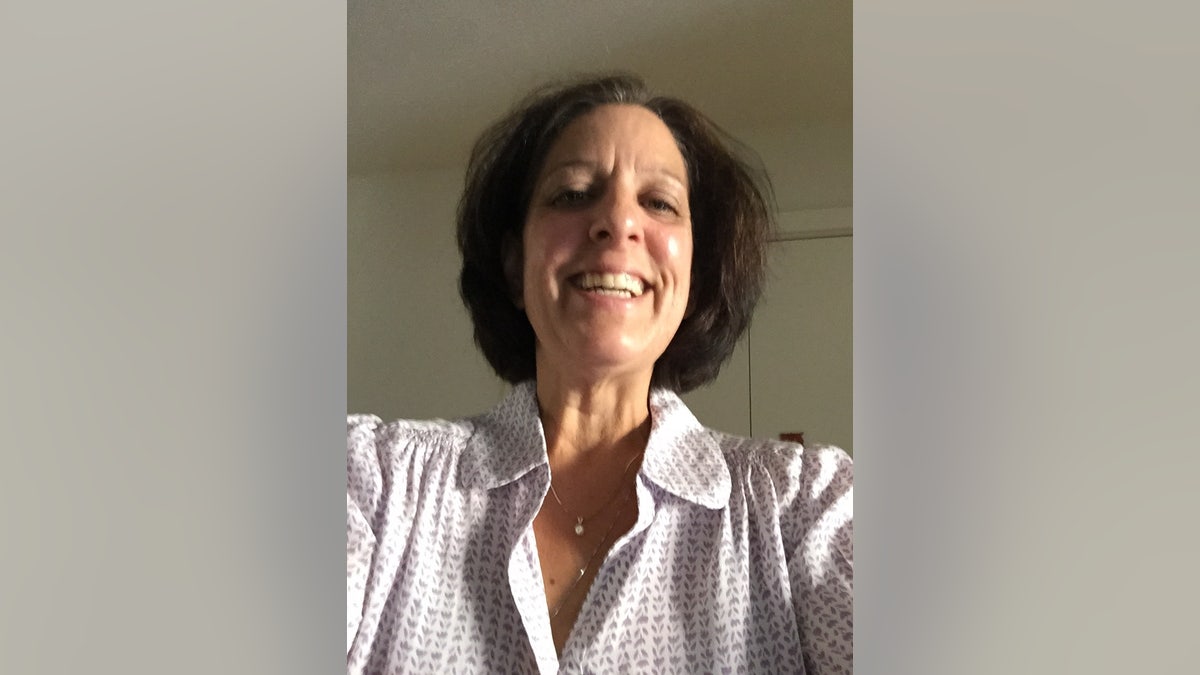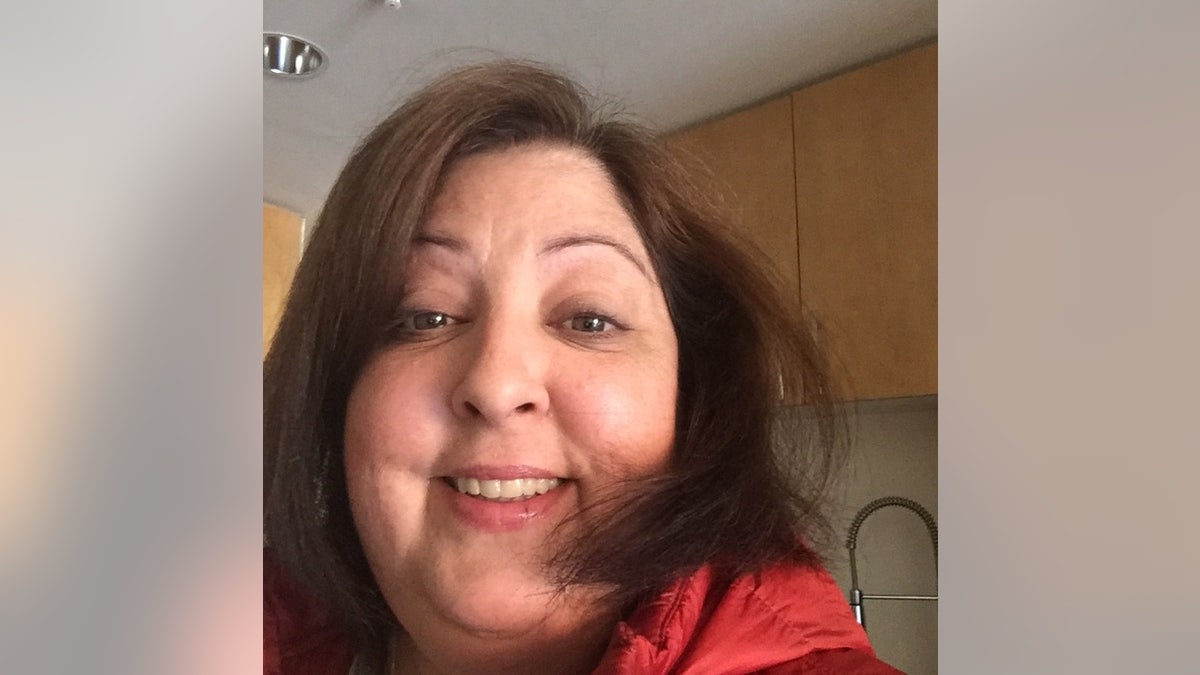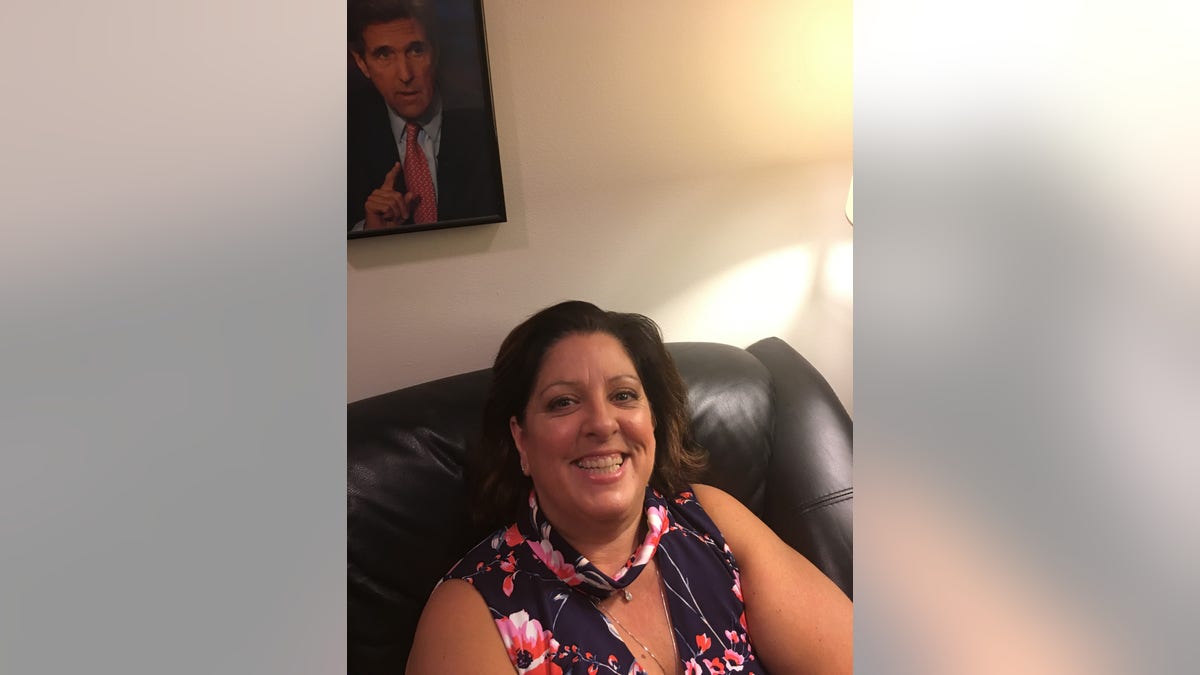
FILE -- (betyarlaca)
I will never forget the look on the doctor’s face, her expression gave it all away.
It was her eyes, though, that truly terrified me. You could see the unrelenting, unshakable, unmovable fear they held.
In all fairness, nothing about fear should shock us. We’ve all been fearful at some point in our own lives.
But this was different.
This was a terrifying mix for when anger, shock and absolute horror all roll into one perilous package. It was as if you were about to tell someone they were going to...and then I knew what was about to happen.
And there is no preparation for it. None.
The doctor looked at me, looked at her patient, my wife Jennifer, and then looked down at the paperwork she had in front of her that contained Jen's test results. She repeated this over and over, as if she didn’t believe what her eyes were telling her.
When she finally stopped, the words for her were hard to find. But when she did speak, our world would be transformed forever.
The prognosis came in two parts. First, Jennifer’s thyroid had stopped working—certainly not good but something that happens to many people and was treatable. However, the second part was devastating: her kidneys were near total failure and her body was shutting down. If emergency measures weren’t enacted—and soon—she would be dead within six weeks.
Six weeks.
No one said anything at first. Then, after maybe ten seconds, we all looked at each other—no one really had a reaction. It felt like, for a moment, in that doctor’s office, time stopped.

For me, when I heard the news my reaction was paused for a simple reason: I wanted to cry, scream and yell—all at the same time.
I instantly blamed myself. I knew I should have pushed Jen to go to the doctor sooner. I should have been persistent, I should have seen the signs for what they were. But we kept making excuses for what was happening for months, and now we were paying the price—perhaps the ultimate price.
You see, starting in January 2015, Jennifer, the love of my life, my best friend—my everything—saw her health slowly start to slip away.
At first, we dismissed her symptoms as the result of her efforts to lose weight through diet and exercise. But as her health became gradually worse—her energy level deteriorated, she felt aches and pains throughout her body and felt awful all the time—we started to worry.

By the time the summer rolled around, things had gotten much worse. Jennifer was now losing weight dramatically. By July, she had lost almost seventy pounds in seven months. When we would go to the grocery store, separating into different aisles, there would be times I couldn’t find her as she looked like a completely different person.
Even at this point we dismissed the symptoms—now blaming Jennifer’s stressful job as a travelling psychologist, treating adolescent patients in some of the most poverty stricken and crime ridden neighborhoods of Washington, D.C.—as the culprit. It would take me comparing pictures of her from then to a few years prior to understand she needed medical treatment—or I might lose her.
When we walked out of the doctor’s office and went out onto the street we both grabbed for each other. Our heads nearly collided, each of us sobbing, shaking and crying uncontrollably, a reaction that words could never do justice to.
We both said at the same time: “What are we going to do?”
Once the shock washed away she did the only thing she could do, the only thing left to do: fight for her life.
And let there be no doubt, this was a battle that would test Jennifer’s will to live, test the strength of our marriage and make us rethink everything that was important to us.
Forever.
But just like every battle, there are some constants that aren’t changeable.
Ask anyone who has fought kidney disease and they will tell you a hard truth: you don’t ever beat it. You can become stable, even achieve some sort of remission from its unrelenting advance, but once your kidneys start to have problems they don’t ever heal themselves, they never return to their ‘normal’ state. So, the best result we could hope for in the war for Jennifer’s life was a draw, that no matter how hard she battled, no matter how much I supported her, no matter what sacrifice she was willing to make, all we could hope for is that it would not get any worse.
With this knowledge in hand, Jennifer’s struggle would begin.
The first order of battle began with constant visits to George Washington Hospital here in Washington, D.C. for battery after battery of tests. The constant blood work, doctor’s appointments and follow-up checkups were exhausting.
But none of that would compare to a kidney biopsy.
In what should be the latest Lannister torture method from "Game of Thrones," Jennifer laid down on her stomach with her hands extended, holding onto what can only be described as grips. She was then given a small amount of numbing medication. After about a minute the doctor used a small device to remove a small 1cm piece of her kidney—while she was awake. When she came back to her hospital room she cried for hours as the pain was so intense.
Jennifer’s struggle, though, was just beginning.
Her kidney functioning levels were dropping fast and the amount of poison in her blood was increasing. If this could not be stopped, she would soon need dialysis or a kidney transplant. Her doctors recommended she be placed on steroids that could, emphasis on could, help stabilize her and maybe allow her kidneys to function slightly better. But there was a big downside to this treatment. Not only would Jennifer gain weight dramatically, but she would become temporarily—but horribly—disfigured as her whole body would swell uncontrollably.

She asked what other options she had. The doctor responded quite simply: “None.”
And with that, Jennifer’s descent into hell began.
If there was a dark time in this whole ordeal—or darker than any other—this was it. Jennifer was placed on the highest possible steroid dosage a person can take. From January 2016 to May of that year, Jen would be able to do very little as her arms and legs would begin to swell nonstop. When she did go outside, if she even had the energy to do so, people would shun her, as her face swelled to the point where she could no longer smile or make normal facial expressions. If she went to buy shoes, since all her pre-kidney disease shoes no longer fit, no one would wait on her. People would go to the other side of the street when they saw her, giving her dirty looks, time and time again.
Eventually, she stopped going outside—the physical and now emotional pain was too much to bear. The only thing that brought her joy was sitting by the window in our apartment, to feel a little bit a part of the outside world, looking down from six floors up as people walked to work or went about their lives. She would ask me constantly: “Am I going to die?” or “Is this my fate? To slowly rot away, just watching the world pass me by?”
Compounding all of this was the havoc this caused on her personally and professionally. She was fired from her job—they simply could not hold her position any longer after being out of the office for months. That meant she now had no health insurance—what could have been a death sentence, as the costs of treatment could easily bankrupt someone if they could not afford a private insurance plan that covered kidney disease. Thankfully my employer was able to add her to my plan quickly.

There was also the challenge of having to apply for Social Security Disability—a process so painful, so soul draining, so time consuming that it is hard for me to fathom how anyone can successfully navigate the process, especially if you’re sick. Despite countless forms that needed to be filled out repeatedly—with Jennifer’s hands so swollen at times it proved nearly impossible—hours and hours on the phone with lawyers and being sent for medical evaluations for the wrong things, Jennifer fought hard to get the assistance she needed. To this day, after one year of waiting and two denials in what should be a cut and dry case, Jennifer will now have to fight the federal government in court for the help she deserves. If we were not married and Jen needed Social Security and Medicare for survival she would already be dead.
Watching Jennifer go through all of this, knowing I could do almost nothing to help, took its toll on me as well.
This is where I started to break—and where our marriage was tested. How does one emotionally make peace with the fact that they are potentially watching their wife die?
At first, I became very quiet, withdrawn from the world. I then became very angry, feeling like we were robbed of the life we planned. Jennifer and I started to fight about anything—everything—as we did not know how to interact anymore. We did not know how to live in a world where she might not be part of it for much longer. And that scared me to my core.
Thankfully, our marriage would hold through this tough time—and get even stronger. We sat down one day and faced our fears together. Through hours of tough talk, laughter, heartache and sobbing, we admitted our greatest fear: not wanting to lose each other. We made a deal, right then and there: that no matter what, we would not take out our fears out on one another. That we would fight this no matter what, hand and hand, side by side, to the end—no matter where that brought us.
And then a small miracle happened. We made the decision to move out of the hustle and bustle of Washington, D.C. to the quiet suburbs of Rockville, 20 miles north. There, Jennifer and I spent the summer of 2016 laughing, swimming and learning to live with our fears—and we made a sort of peace with them. Once we let go of worrying about what we could not control, Jennifer starting getting some good news: the amount of poisons in her blood started to decrease. Month after month the functioning of her kidneys were improving ever-so-slightly. Her energy started to improve and her appearance started to return to normal, as the doctor started weaning her off the steroids.
Today, Jennifer is a as close to ‘normal’ as she will likely ever be. We know her battle with kidney disease will be one she wages for the rest of her days, but she has begun to reclaim the life she knew, piece by piece. She won’t ever be able to work again, as the daily stresses of any sort of employment could push her kidneys back toward failure. Her energy level can change hour by hour, many days she simply can’t leave the house.
But most importantly and positively, her spirit held strong and never broke. We moved back to Washington, D.C. in July, as she felt she needed to be close to the nation’s capital. She is back to being the happy, uplifting and inspirational person I love more than anything—someone who helped me in my darkest hours. In some small part, I was able to do the same for her.
We know the road in this struggle will be long and challenging, with many ups and downs along the way, but I know we can face it together, whatever comes. And for that, we are most grateful.








































